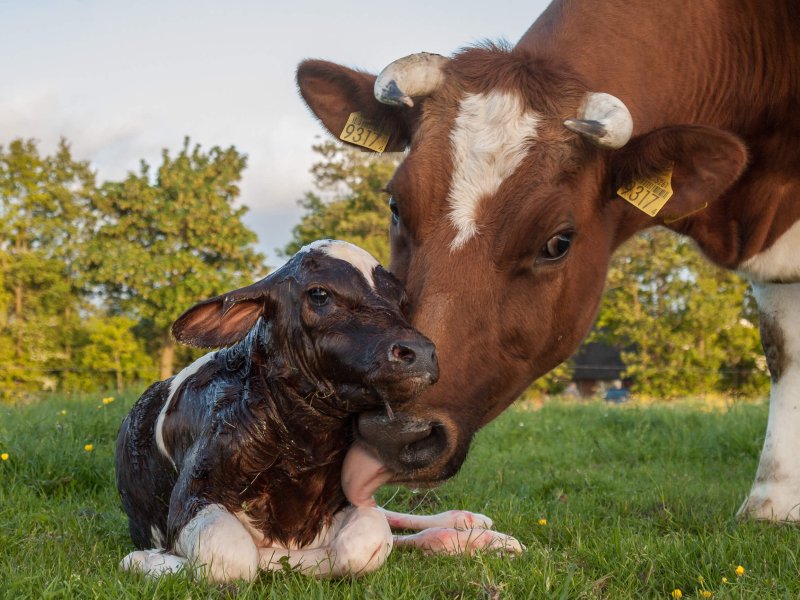One method [Jon Oatley, director of the Center for Reproductive Biology at Washington State University] and his team of researchers use to improve the genetics of food-producing cattle is through gene modification rather than more traditional methods, like selective breeding.
“What we can do now is we can use sophisticated tools, molecular tools, to really refine and enhance the genetics of an animal for them to have the traits that we want,” Oatley said. “We can make leaps in improving the health, growth and well-being of animals, compared to the baby steps that we’ve been taking for thousands of years.”
This process creates genetically modified organisms, which Oatley said saves researchers much-needed time.
“We are going to have 10 billion people on Earth before the year 2050. In the next 30, 40 years, we will double the number of people we have on Earth. And we don’t have the resources to double the amount of food that we produce right now,” Oatley said. “We have to find a way to do things differently, more efficiently, so we can provide food to the increasing world population at today’s nutritional standards. I’m hoping that our research is one of the ways we can do that.”
Read full, original post: Washington researcher working to solve world hunger































